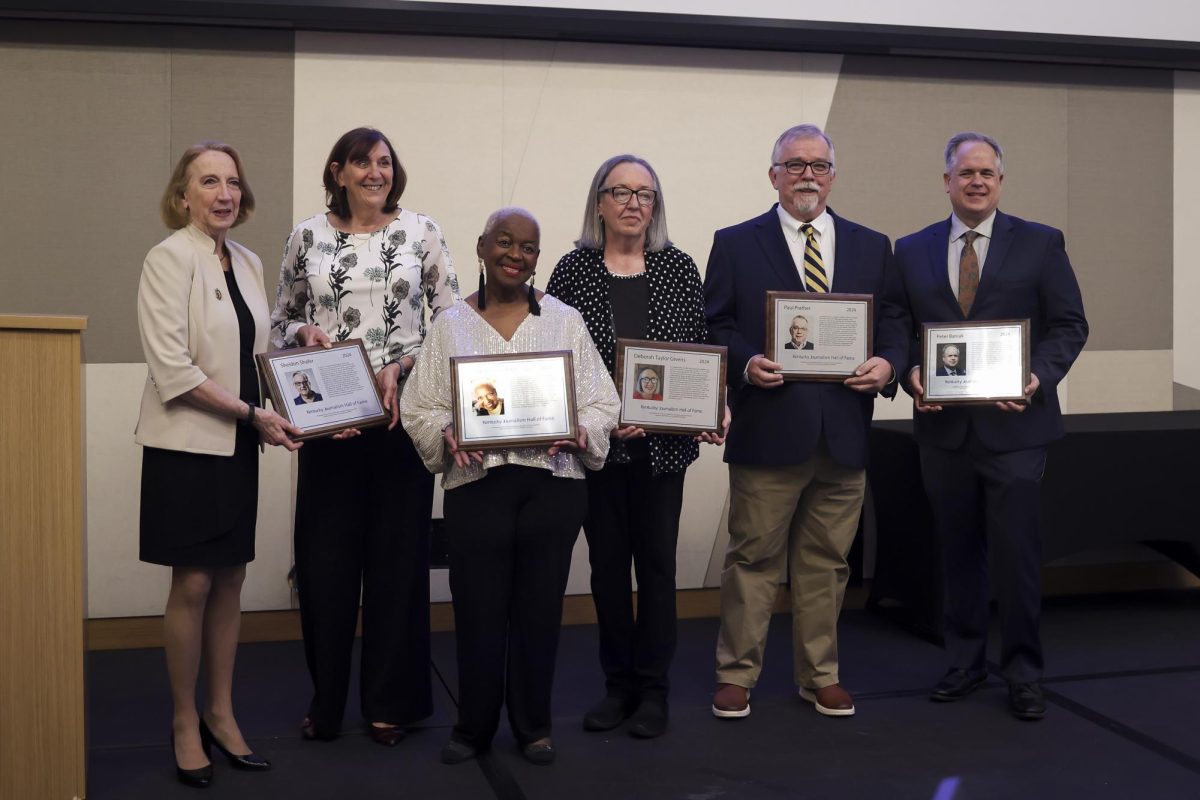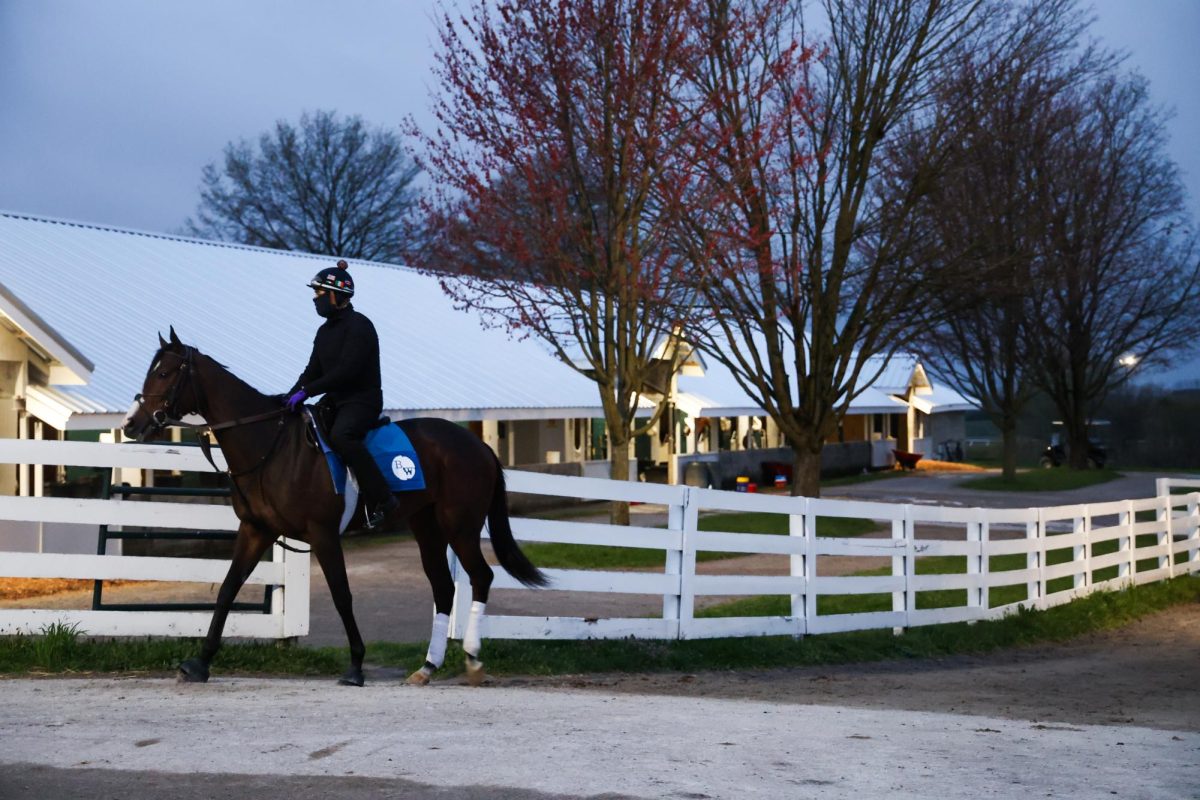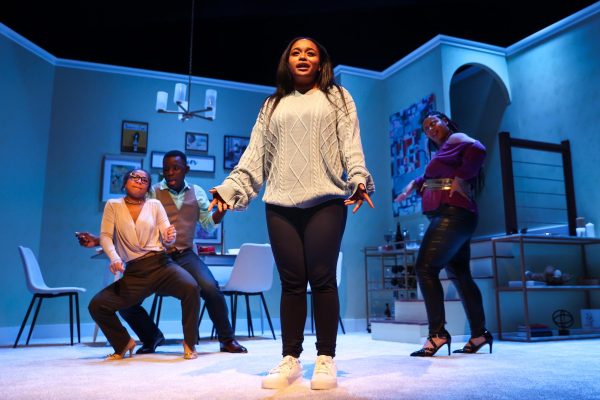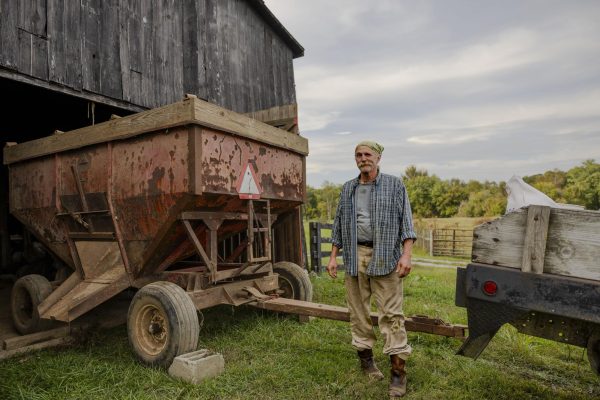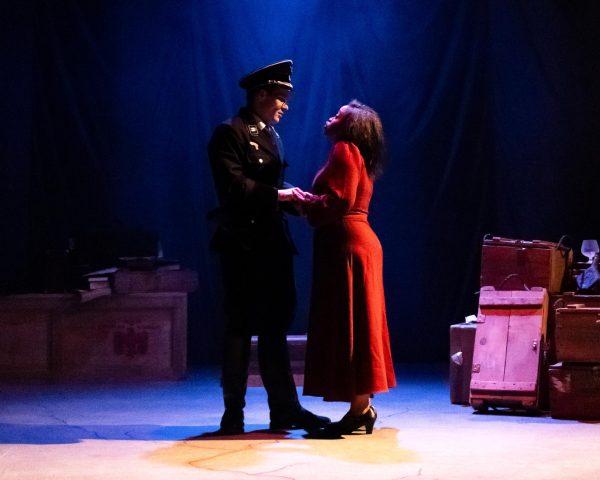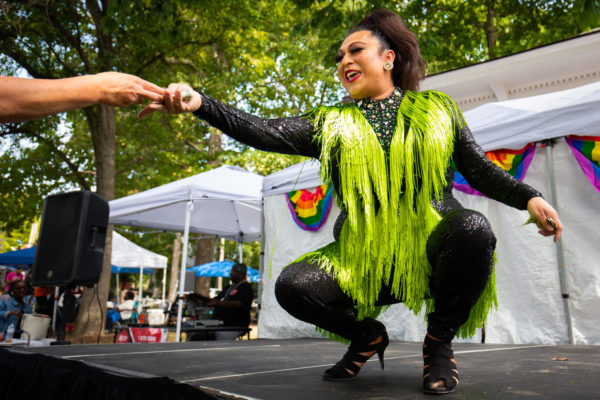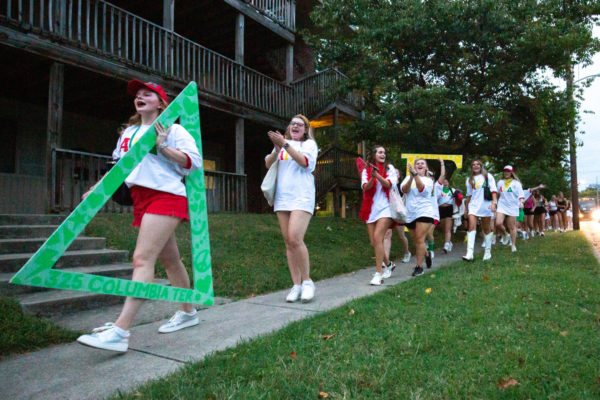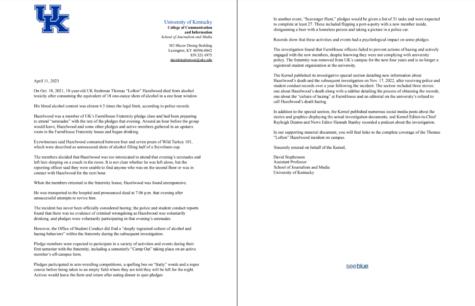UK professor’s novel explores messy family life
June 14, 2017
“Read this novel written by Hannah Pittard, a UK professor,” the card taped to the shelf read.
I trusted whichever Joseph-Beth Booksellers employee wrote the card, so I purchased “Reunion” by Hannah Pittard.
Through the first person narrative of Kate, this novel tells the story of a large, disjointed family connected only by a father who sets the book in motion by shooting himself. The entire book covers just a few days, centered around the funeral.
Kate and her full-blooded siblings, Nell and Elliot, navigate their relationship with their now dead father, with each other and with their father’s many “other” families. No matter what the reader’s family situation, there is something in the novel’s family relatable to everyone — whether dealing with an unlikable step-parent, figuring out how to explain death to a young child or just trying to be a good sibling.
In addition to her family’s problems, Kate is dealing with an impending divorce from her husband, Peter, and a massive financial crisis in the form of her debt.
Many college students can probably relate to Kate’s struggles with paying off her student loans, but that’s not the only kind of debt Kate has acquired, leaving her struggling on a screenwriting professor’s salary. These details — debt from college, Kate’s teaching as a professor — seem to come straight from Pittard’s time spent on college campuses.
The novel reads like Kate’s memoir, and the reader may interpret it to be, since Kate herself is a writer whose agent within the book suggests she write a memoir about her father’s death. The reader really feels as if he or she is inside Kate’s head, which sometimes isn’t the best place to be.
Knowing Kate so intimately doesn’t necessarily make the reader like her, and in fact, there are few inherently likable characters in the book. But everyone eventually has a redeeming quality, which is a theme of the novel.
The setting is Atlanta, Georgia, though the characters return to their childhood city from new homes all over the country. Pittard didn’t move to Kentucky until after she wrote this novel, but there’s a hint of the Bluegrass in the Southern culture of Georgia.
This book is not for those looking for a happily ever after, but for all its cynical, dark humor, it’s not without hope. The ending leaves the reader feeling both satisfied and introspective.
Pick up a copy of this book to support an author who now calls the Bluegrass home.




